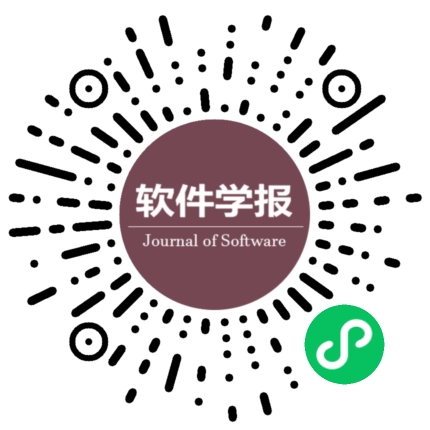智能合约法律化原则与转化验证模型
作者:
作者单位:
作者简介:
通讯作者:
中图分类号:
TP309
基金项目:
国家重点研发计划(2022YFB2701800)
Legalization Principles and Transformation Verification Model of Smart Contracts
Author:
Affiliation:
Fund Project:
引用本文
李任翔,蒋忠元,高胜,钱肖,沈秀轩,刘柄呈,陶梅悦,马建峰.智能合约法律化原则与转化验证模型.软件学报,2025,36(11):5298-5335
复制相关视频

分享
文章指标
- 点击次数:
- 下载次数:
- HTML阅读次数:
历史
- 收稿日期:2024-10-26
- 最后修改日期:2024-11-23
- 录用日期:
- 在线发布日期: 2025-07-09
- 出版日期: 2025-11-06
文章二维码

您是第位访问者
版权所有:中国科学院软件研究所 京ICP备05046678号-3
地址:北京市海淀区中关村南四街4号,邮政编码:100190
电话:010-62562563 传真:010-62562533 Email:jos@iscas.ac.cn
技术支持:北京勤云科技发展有限公司
版权所有:中国科学院软件研究所 京ICP备05046678号-3
地址:北京市海淀区中关村南四街4号,邮政编码:100190
电话:010-62562563 传真:010-62562533 Email:jos@iscas.ac.cn
技术支持:北京勤云科技发展有限公司



